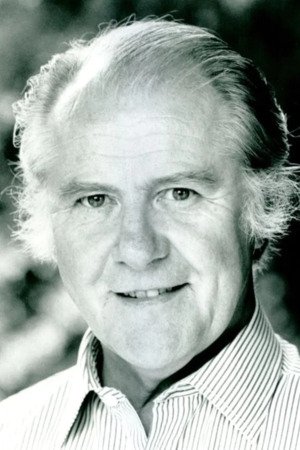
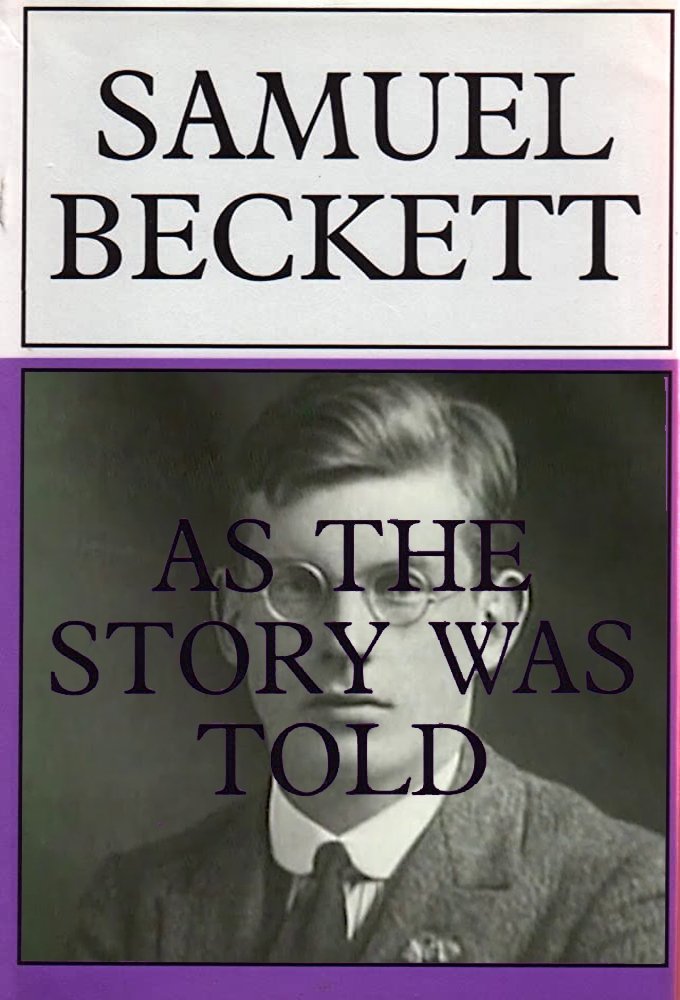
A two-part biography of the Irish writer Samuel Beckett. The first part covers the traumas of his formative years: his ill-fated love affair with his first cousin, the death of his father, and his decorated service with the French Resistance. He had settled in France before the Second World War, met fellow Irishman James Joyce, and begun writing. Patrick Magee's television performance of `Krapp's Last Tape' (1972) is interwoven with key landscapes and personalities from Beckett's life. The second part concludes the story of how Beckett finally began to connect with his audience, principally through `Waiting for Godot'. Includes an interview with the actress Billie Whitelaw, a celebrated interpreter of his work.
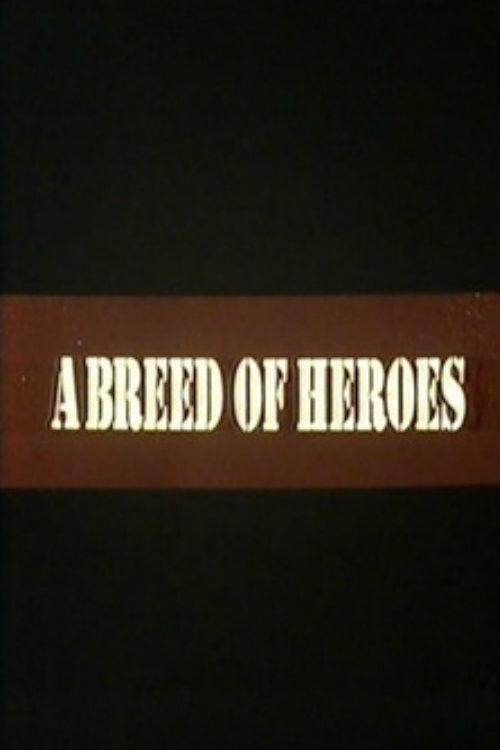
In 1971, fresh-faced, eager for heroics, the young officers arrive in Belfast. Pelted with rocks by kids, sniped at by the IRA, they take refuge in sex, black humour and the weird rituals of the officers' mess.
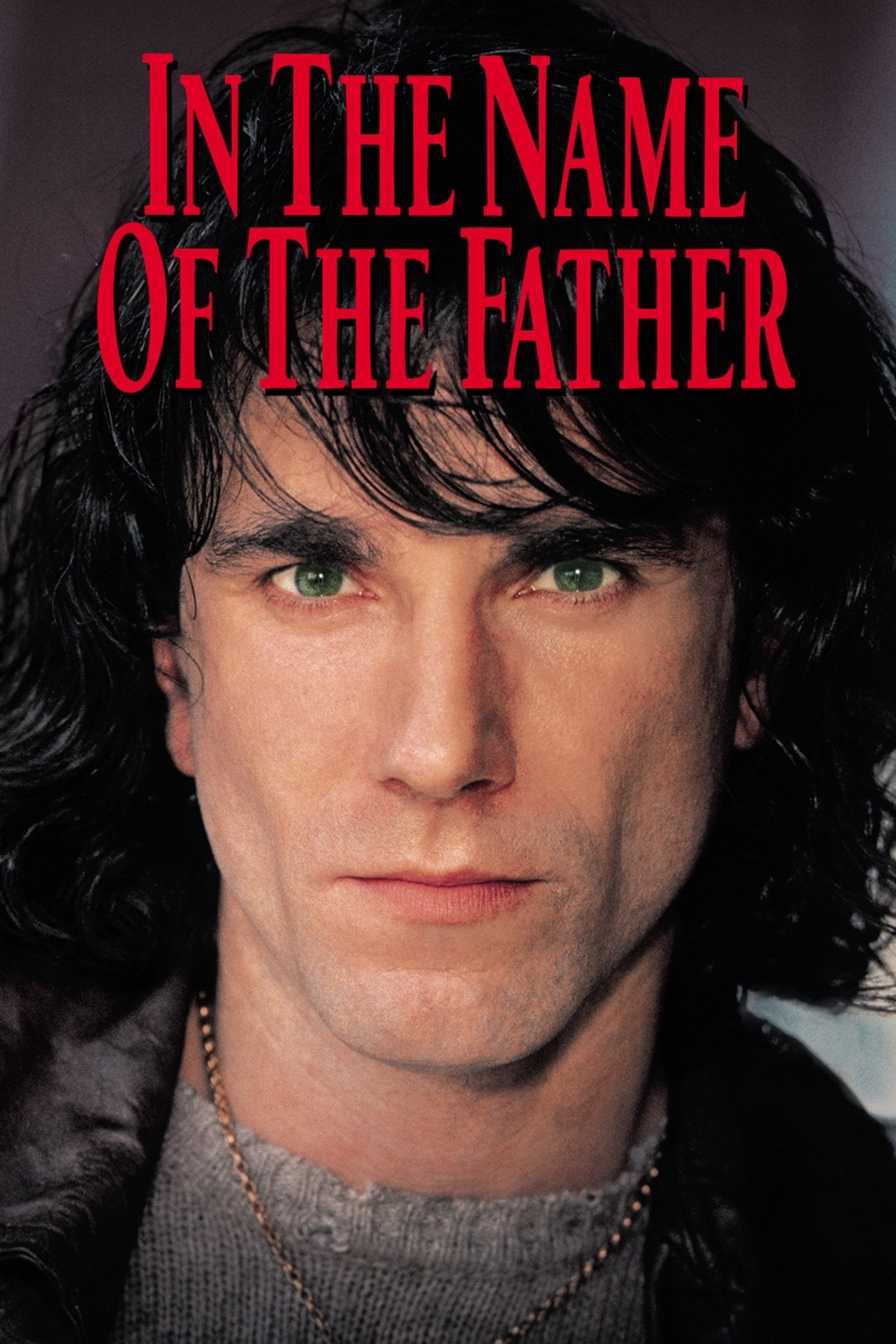
A small-time Belfast thief, Gerry Conlon, is wrongly convicted of an IRA bombing in London, along with his father and friends, and spends 15 years in prison fighting to prove his innocence.
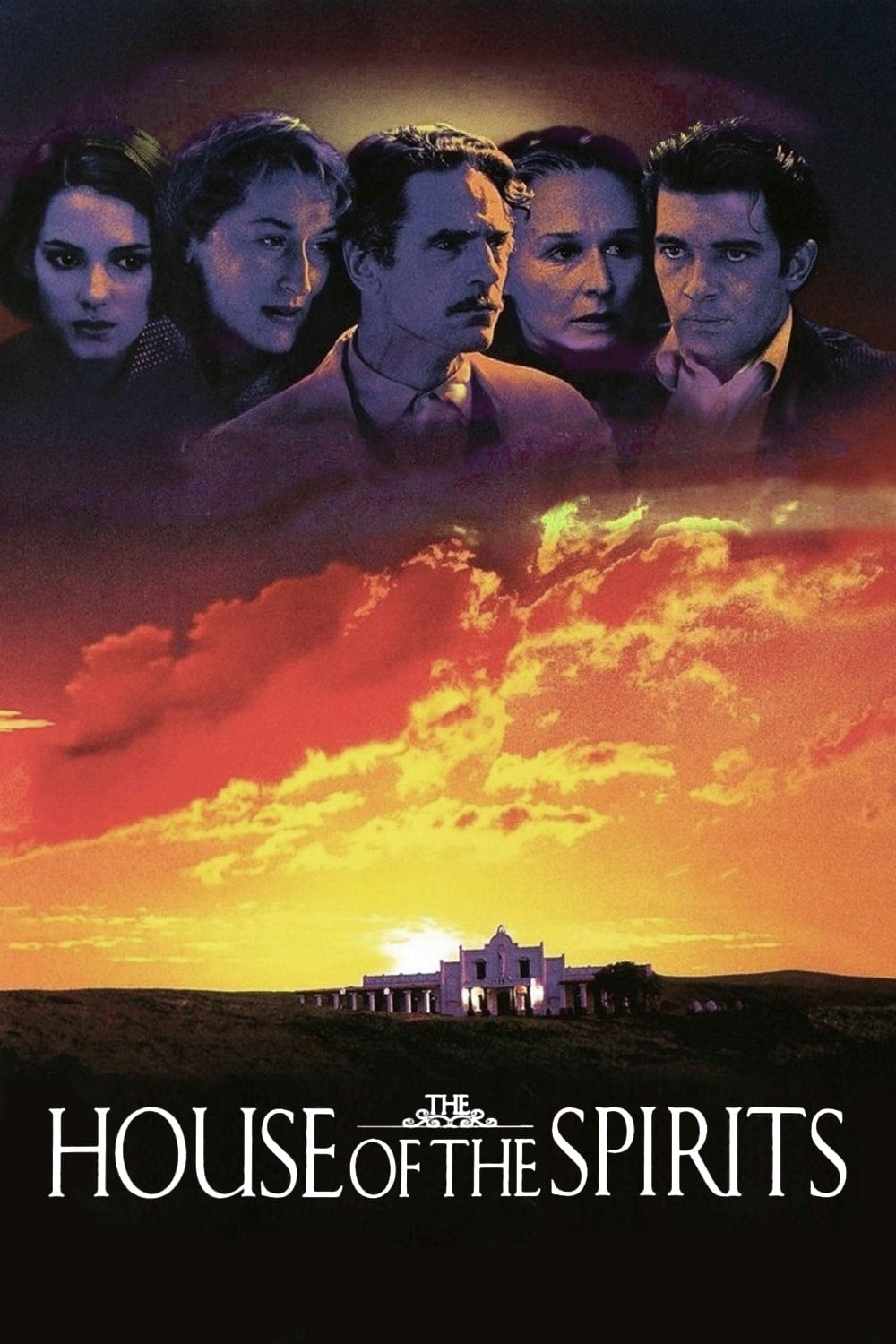
A rancher, his clairvoyant wife and their family face turbulent years in South America.

Barley Scott Blair, a Lisbon-based editor of Russian literature who unexpectedly begins working for British intelligence, is commissioned to investigate the purposes of Dante, a dissident scientist trapped in the decaying Soviet Union that is crumbling under the new open-minded policies.
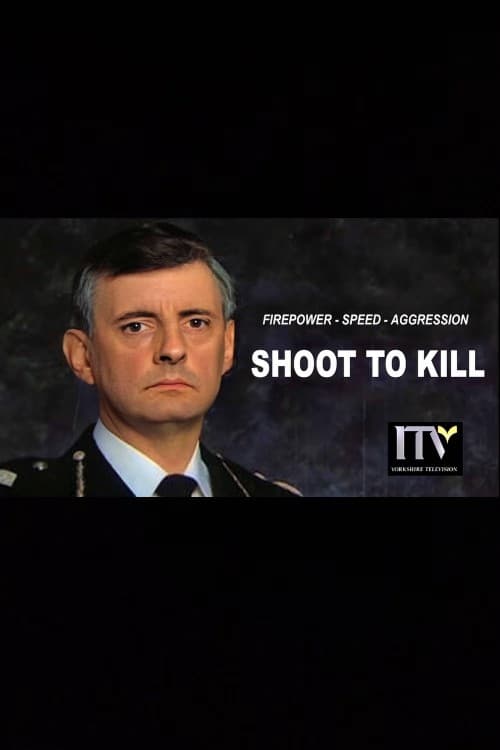
Shoot to Kill is a four-hour drama documentary reconstruction of the events that led to the 1984–86 Stalker Inquiry into the shooting of six terrorist suspects in Northern Ireland in 1982 by a specialist unit of the Royal Ulster Constabulary (RUC), allegedly without warning (the so-called shoot-to-kill policy); the organised fabrication of false accounts of the events; and the difficulties created for the inquiry team in their investigation.
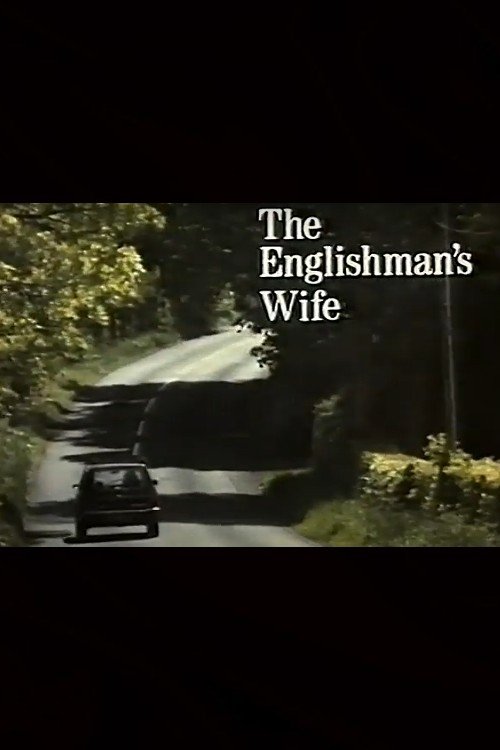
A woman and her daughter are stranded in a rambling old house deep in the countryside of County Tyrone. Their economic circumstances are hopeless, but it is friends and former business associates who pose the greatest threat to their happiness.
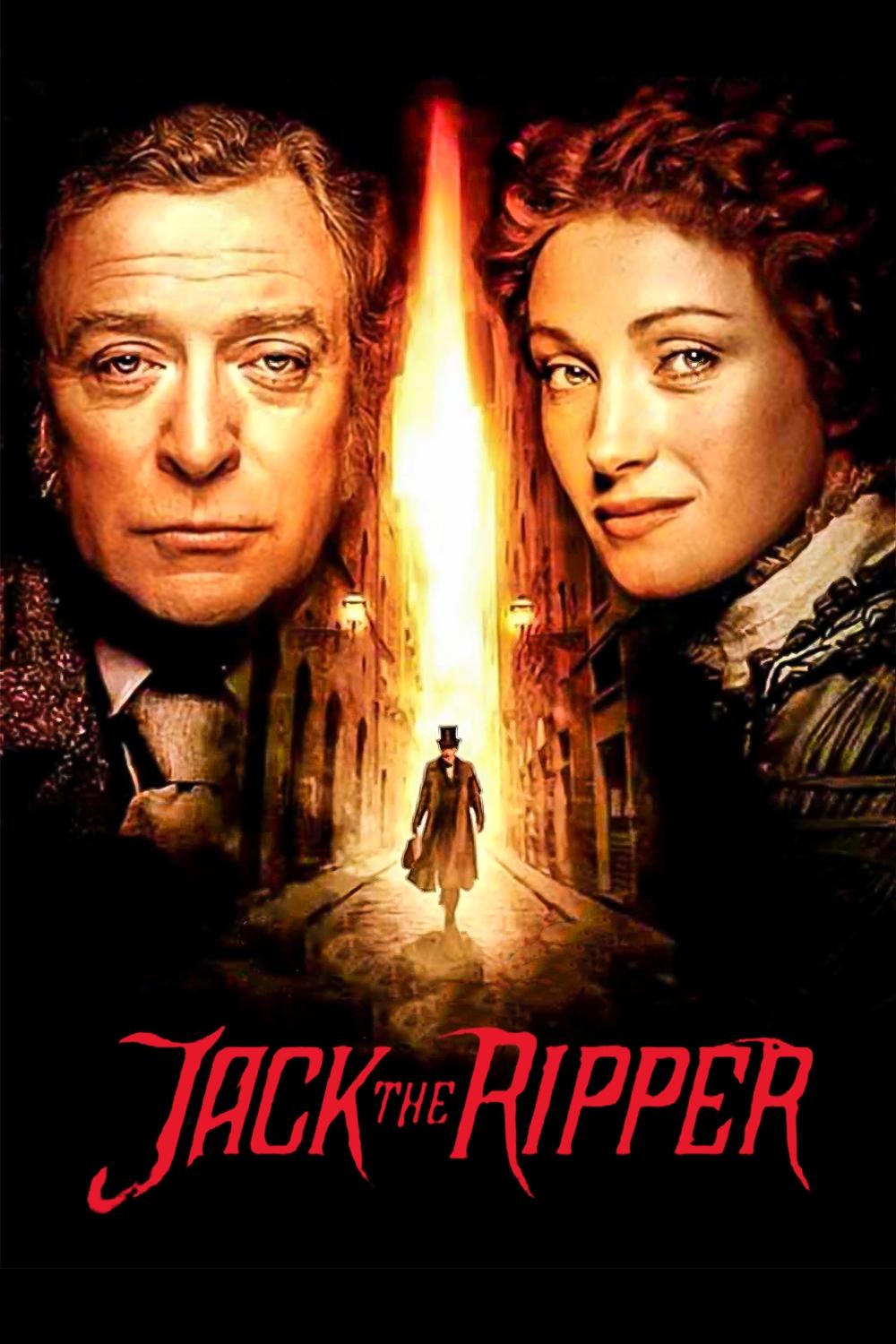
Jack the Ripper is a 1988 two-part television film/miniseries portraying a fictionalized account of the hunt for Jack the Ripper, the unidentified serial killer responsible for the Whitechapel murders of 1888. The series coincided with the 100th anniversary of the murders.
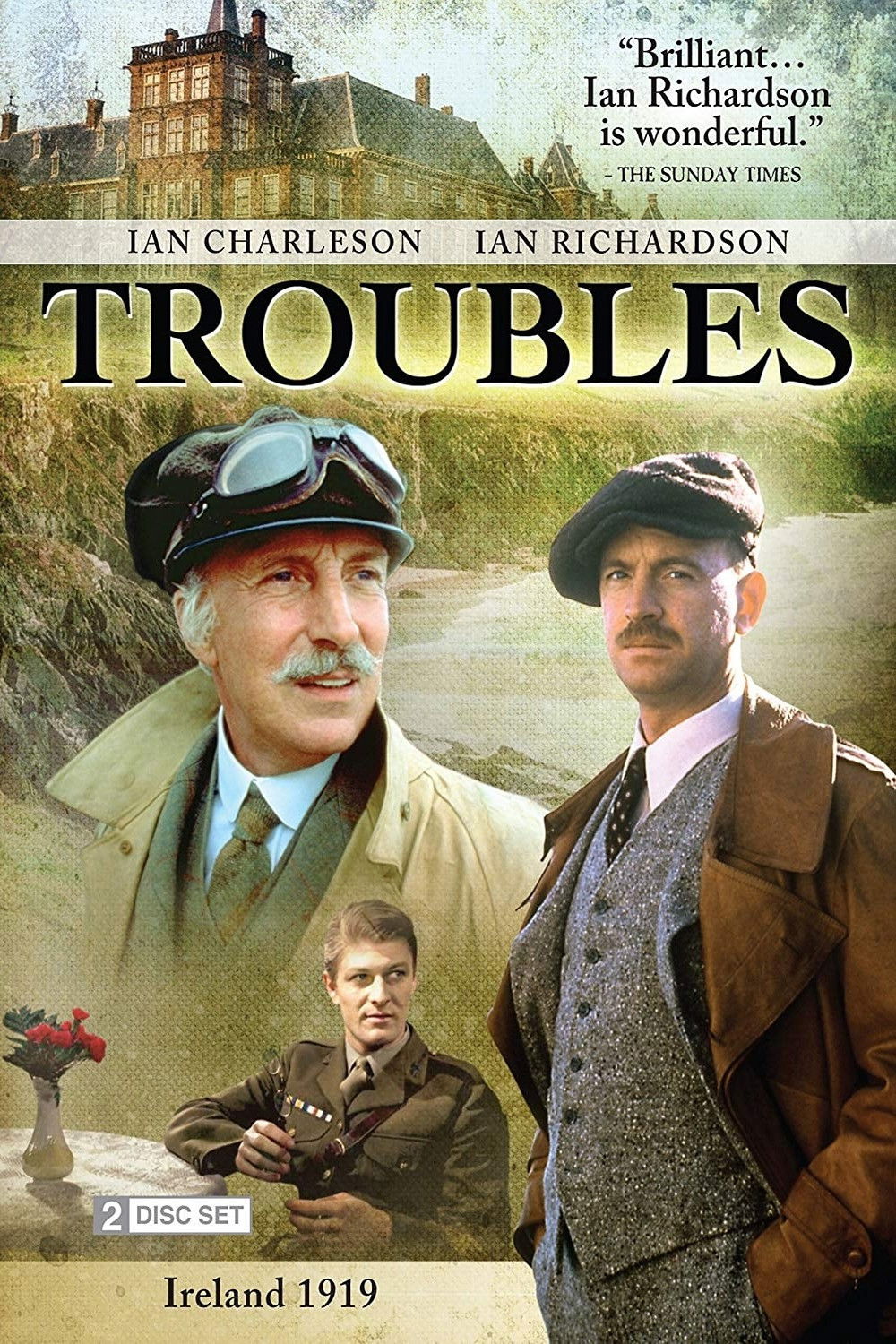
In 1919, Major Brendan Archer arrives in Ireland to reunite with his fiancée, Angela Spencer. Unfortunately, the family home, The Majestic Hotel, is a decaying shadow of its former self, as is Angela. Puzzled by the changes, Archer's attentions are soon drawn to her lively friend, Sarah Devlin, a passionate Irish Nationalist. They fall in love, but the Major soon discovers some disturbing aspects about their relationship, which threatens to explode into violence, destruction, and murder.
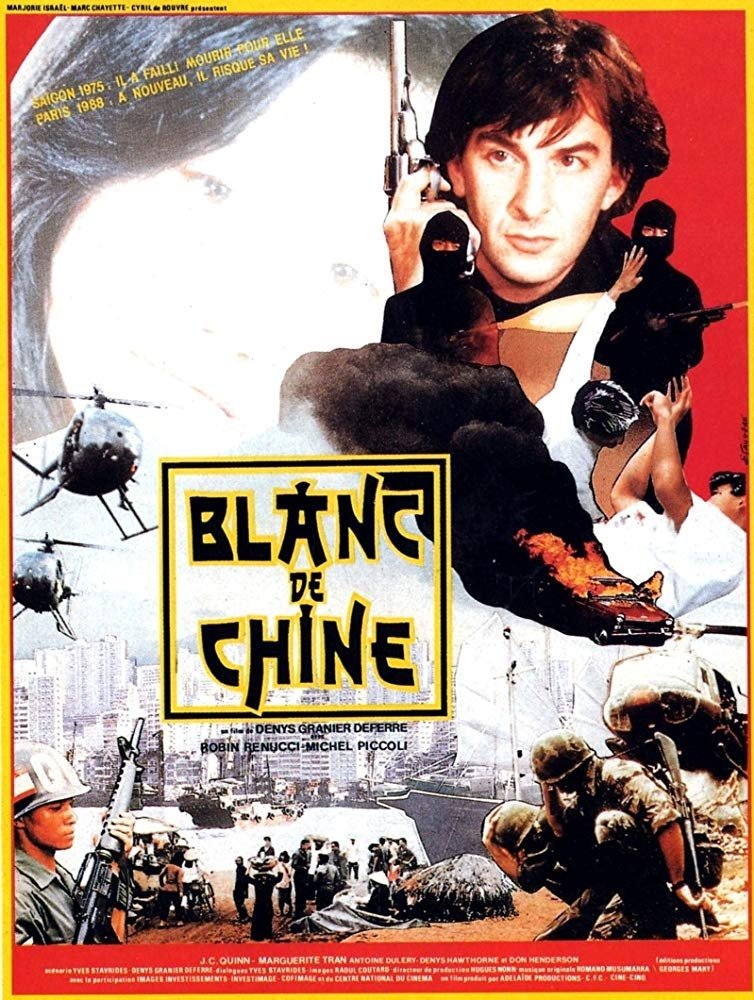
Mathieu is called on by the French government to investigate murders in the Asian community of Paris. With Chinese and Vietnamese engaged in a bloody slaughterfest, the key to the mystery lies with the orphan girl who Mathieu helped to escape during the fall of Saigon in 1975. Now a beautiful young woman, Mathieu is reunited ten years later with the refugee, and together they attempt to solve the case. He uncovers a CIA plot that has carried over from the last days of the Vietnam War and that is related to the Paris murders.
Denys Hawthorne’s long and distinguished career has encompassed extensive work in theatre, television and film, both in England and Ireland. Drama has included Shakespeare and Chekhov, as well as many contemporary plays, while he has been seen in popular TV series including Inspector Morse, and Father Ted, and The Russia House, and Emma on the wide screen. Throughout, radio performance has been a constant theme, notably in drama and poetry.
By browsing this website, you accept our cookies policy.